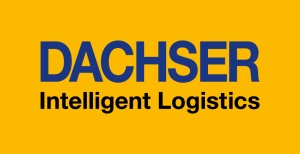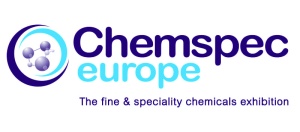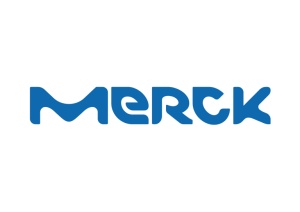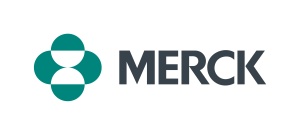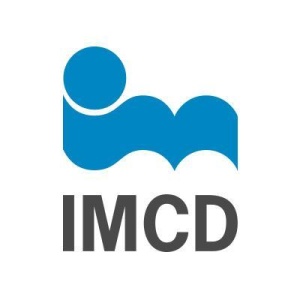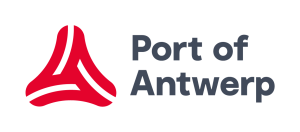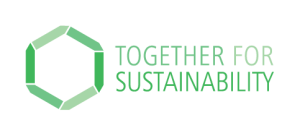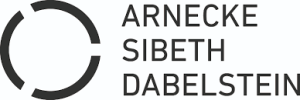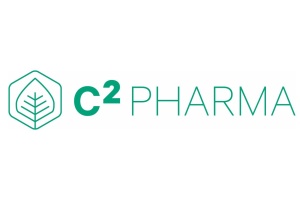
Logistics as a Sales Pitch in the Chemical Industry
Study shows how innovative supply chain solutions can become a success factor and competitive edge.

Study shows how innovative supply chain solutions can become a success factor and competitive edge.

Elkem's agent and distributor, Silstar, has entered into a joint venture with Saudi Multichem to establish the first locally integrated specialty silicone supply chain in the Kingdom of Saudi Arabia.
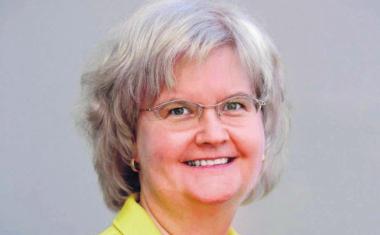
The role of chemical distributors in the chemical value chain is constantly evolving.
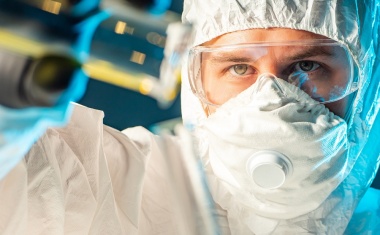
An innovative manufacturing platform called integrated continuous manufacturing (ICM) represents a completely modernized model for drug manufacturing. In contrast to batch processes, ICM’s unique operational advantages will allow for cost-competitive end-to-end manufacturing and enable a more robust and responsive supply chain for critical drugs.

The pharmaceutical industry is a truly global and complex network of ingredients and materials suppliers, manufacturers, distributors for a variety of products ranging from vaccines to antibiotics and to therapeutic drugs for customers/patients.

On January 1, 2024, Anna Bertona will take on the role of Group CEO, succeeding Hans Joachim Müller, who will retire after serving more than 11 years in that role. Ralf Kempf asked Müller and Bertona about the foundations for the group's continued success and plans for its future strategic direction.
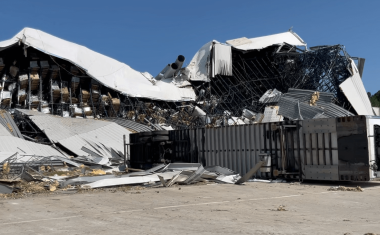
Over 30 drugs, including painkiller fentanyl and anesthetic lidocaine, may see disruptions in supply after a tornado destroyed a warehouse at Pfizer's Rocky Mount facility in North Carolina, US, last week.

Germany and Canada have teamed up to create what they tout as a “secure and reliable” transatlantic supply chain for green hydrogen.
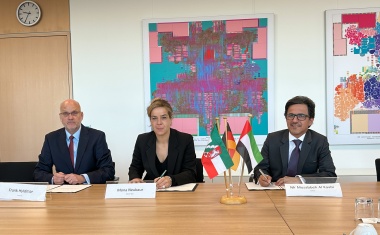
Abu Dhabi National Oil Company (ADNOC) has signed a Memorandum of Understanding (MoU) with the government of the German state of North Rhine-Westphalia and site services provider Currenta to explore the creation of a low-carbon ammonia supply chain.

On Jan. 1, 2023, the Supply Chain Due Diligence Act (“LkSG”) came into force in Germany.
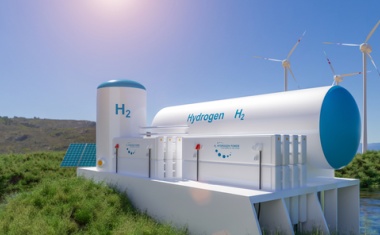
The governments of Australia and the Netherlands have signed a Memorandum of Understanding (MoU) to develop a renewable hydrogen supply chain stretching from Australia to Europe, via the Port of Rotterdam.
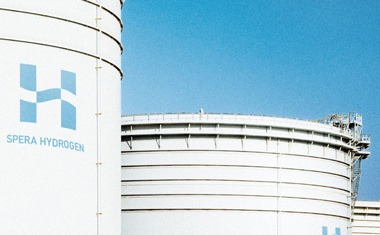
French technology and services group Axens has signed a joint commercial cooperation agreement with Japan’s Chiyoda on their respective hydrogen technologies

The CEOs of seven multinational pharmaceutical companies have announced that they are taking joint action to achieve near-term emissions reduction targets and accelerate the delivery of net zero health systems.
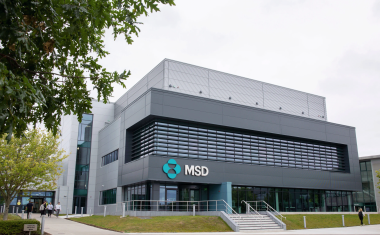
US drugmaker Merck & Co. plans to add 100 new jobs as part of an expansion project at its site in Carlow, Ireland, which opened in 2008 as the company’s first vaccines facility outside of the US and currently employs 530 people.

There is a new urgency in the market for manufacturers and testing organizations to be prepared for rapid, unexpected changes in material resource access, exacerbated by turbulent regional and global events. This focus is in addition to reinforcing routine risk mitigation activities around the raw material supply chain, adding to the relevance and impact of the topic.

Dorothee Arns, Director General of FECC, discusses current challenges, market trends and her vision for the chemical distribution industry in Europe. The interview was conducted by Michael Reubold and Ralf Kempf.

When the pandemic was pounding at their doors, many industries were rattled. Healthcare and chemicals were adapting rather successfully to the new normal, as a McKinsey & Company survey reveals.

Since the middle of the 1980s, the supply chain of many chemicals has moved east. This was primarily driven by cheaper production costs in China or India, due to lower raw material prices, a cheaper asset base compared to plants in the West, and lower environmental and regulatory standards.
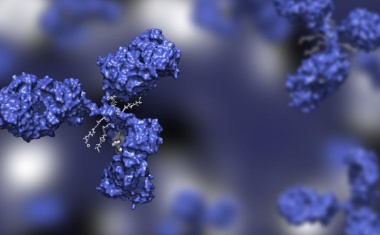
Successfully managing the drug substance manufacturing of Antibody-Drug Conjugates (ADCs) requires a sophisticated understanding of the technological development process and access to a range of large- and small-molecule manufacturing assets.

Lubricants for automotive, mechanical engineering, aviation and various other industries: This is the business model of Fuchs Schmierstoffe from Mannheim.

In his interview with CHEManager, Hidde van der Wal, CEO of chemical distributor Barentz, talks about the company’s performance in 2020 and latest strategic developments.

In 2020, the weakness associated with global chemical supply chains was highlighted in a dramatic manner as Covid-19 was designated a global pandemic. As a result, small modular continuous flow plants are gaining attention as an appropriate solution to secure supply chains whilst ensuring safe, sustainable processes are implemented.

Europe wants to become the world’s first climate-neutral continent by 2050 and decouple its economic growth from the consumption of natural resources – this is what the members of the European Union committed to in the so-called Green Deal in December 2019.

Without products based directly or indirectly on chemicals, life as we know it would be unsustainable. According to various sources, more than 95% of the products around us are either made by the chemical industry or involve at least one chemical process step in their manufacture.
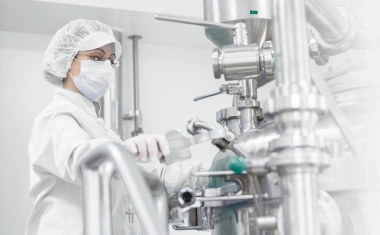
Andrew Badrot, CEO of C2 Pharma and a close observer of pharma industry trends, analyzes the current situation and how this pandemic may kick of changes in the pharma market.

Change is happening this very minute in the logistics industry. Why? Quite simply, because shippers are under enormous pressure from their customers to provide accurate real-time visibility data on shipments from pick-up to delivery.


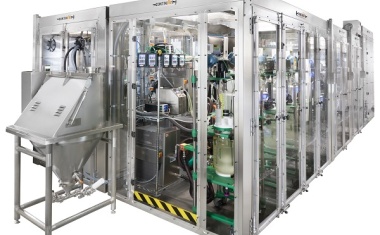
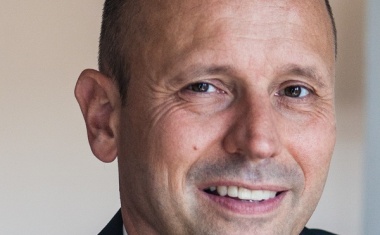
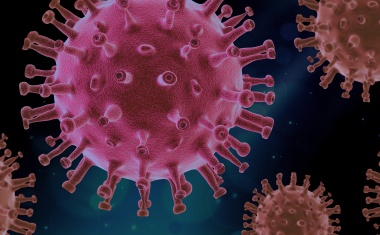

As customers engage in more multi-channel interactions, having a deep understanding of these journeys is an essential component for the customer service function, and for ensuring excellence in the overall customer experience.


